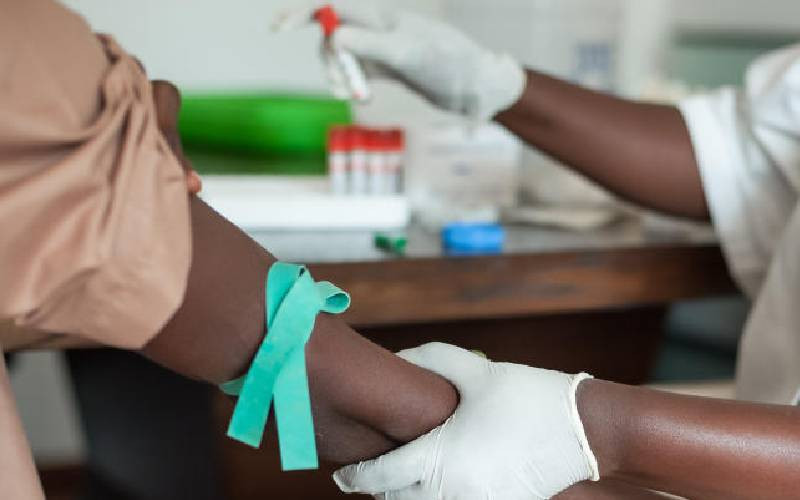
Most Kenyans are more concerned about putting food on the table than its safety.
Many are rarely concerned about the deadly toxins that could be in their food. But this is likely to change following fears that meat, milk and eggs might not be safe for consumption.
Local and international experts in human and animal health now warn that widespread misuse of antibiotics in food-producing animals can compromise the safety of their products.
Among the negative impacts of this on human health is gradual resistance to antibiotics making it harder to treat common deadly diseases and infections.
In addition, excessive antibiotics use in livestock could also increase the risk of developing certain cancers; damage to kidneys, liver and bone marrow or result in reproductive disorders.
The situation is so dire that for the first time, Kenya and other countries are marking the Antibiotic Resistance Awareness Week, which started on November 16 to 22. The event is organised by the World Health Organisation.
The World Organisation for Animal Health has also announced a new global initiative for surveillance on the use of antibiotics among animals that produce meat, milk and eggs.
Kenneth Wameyo, a veterinary surgeon and Kenya Veterinary Association assistant treasurer, said antibiotics misuse in livestock in the country is now out of control.
Dr Wameyo said many farmers are ignorant on the issue. "Livestock farmers are buying and using huge amounts of antibiotics to treat and prevent diseases or to promote growth of their animals. But they are overusing them thereby harming human and animal health," he said.
He added: "The antibiotics are easily available in agrovet shops and are sold to anyone without restrictions whether they have a prescription or not."
Among the antibiotics listed as most abused include tetracycline, penicillin, oxytetracycline, procaine, ampicillin, amoxycilin and streptomycin.
Ahmed Kalebi, a consultant pathologist and honorary lecturer at University of Nairobi, backed Wameyo on the matter.
Dr Kalebi is also the CEO of Pathologists Lancet Kenya laboratories which conducts diagnostic tests for diseases in humans and livestock.
He said antibiotics used in food-producing animals eventually find their way into the body after consumption thereby increasing antibiotic resistance in humans. "The antibiotics that end up in the human body are also linked to certain cancers. Allergic reactions are also reported," he said.
test kits
He said lately, antibiotics are being used indiscriminately for treatment of fever, inflammation, wounds and viral diseases leading to residue deposition in edible tissues.
Kalebi said if given to livestock over a long period of time, "antibiotics may be metabolised or remain as they are and get excreted in milk, eggs or deposited in the muscles of the animals consumed as food".
The pathologist also called for rapid screening of meat, milk and eggs for antibiotics and advised that food found to have high levels of the chemicals be rejected.
"Antibiotics can be detected in food through specialised laboratory testing. Lately, rapid test kits have been manufactured and tested," he said.
Dhaval Shah, a veterinary pathologist with Pathologists Lancet laboratories, called on the Government to regulate the sale and use of antibiotics in livestock to minimise misuse. "We just need to enforce laws in a better way," he said.
Medical Services Director Nicholas Muraguri said misuse of antibiotics in food-producing animals, which affects human health, is a major concern for the Government.
He said the Health ministry will work with the Veterinary Department and other stakeholders to strictly regulate antibiotics use in livestock.
"We need to enhance awareness among livestock keepers about the dangers of misusing antibiotics. Many of them are in the dark about this grave issue," he said.
 The Standard Group Plc is a multi-media organization with investments in media platforms spanning newspaper print
operations, television, radio broadcasting, digital and online services. The Standard Group is recognized as a
leading multi-media house in Kenya with a key influence in matters of national and international interest.
The Standard Group Plc is a multi-media organization with investments in media platforms spanning newspaper print
operations, television, radio broadcasting, digital and online services. The Standard Group is recognized as a
leading multi-media house in Kenya with a key influence in matters of national and international interest.











